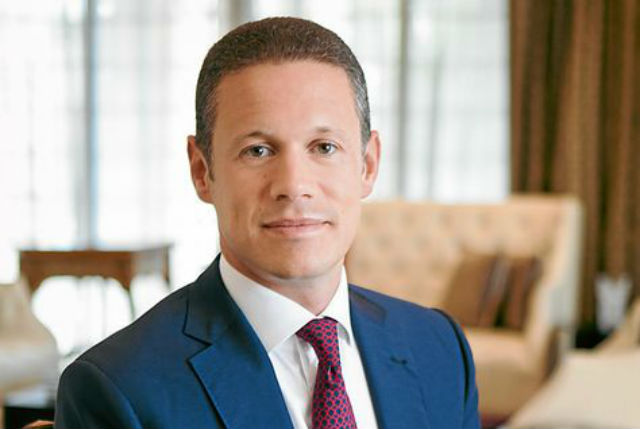Government Grants
Business Grants
Home Owner Programs
Federal Programs
About Us
Combined Neuromodulation and Behavioral Treatment Algorithm Development for Stimulant Use Disorder (StUD) Enriched for Vulnerable Phenotype (U01 Clinical Trial Required)
Stimulant Use Disorder still does not have FDA- approved treatments.
Neuromodulation, such as, for example, transcranial magnetic stimulation (TMC) has been successfully used for more than 10 years in major depressive disorder (MDD) where patients have failed one antidepressant and since 2018 it has been used for obsessive-compulsive disorder (OCD).
Another example is transcranial direct current stimulation (tDCS) which is currently being developed for a range of mental and neurological conditions, and some of them have direct relevance for StUD vulnerable phenotype (cognitive dysfunction, compulsive, and impulsive traits).
Other neuromodulation technologies potentially can also be applied to StUD.
As not everyone who takes drugs becomes addicted, and while the StUD population's extreme heterogeneity represents a barrier to effective treatment development, there is a treatment gap that needs to be filled, especially for the high-risk vulnerable phenotype with low executive function and difficulties with response regulation - anxious-impulsive traits.
Developing neuromodulation combined with behavioral treatment modalities (CBT, mindfulness-based approaches) that will help to maintain use decrease and prevent relapse would have tremendous value as a treatment option.
Randomized controlled trials are needed to develop the treatment algorithms and to select the most efficacious one.
Neuromodulation, such as, for example, transcranial magnetic stimulation (TMC) has been successfully used for more than 10 years in major depressive disorder (MDD) where patients have failed one antidepressant and since 2018 it has been used for obsessive-compulsive disorder (OCD).
Another example is transcranial direct current stimulation (tDCS) which is currently being developed for a range of mental and neurological conditions, and some of them have direct relevance for StUD vulnerable phenotype (cognitive dysfunction, compulsive, and impulsive traits).
Other neuromodulation technologies potentially can also be applied to StUD.
As not everyone who takes drugs becomes addicted, and while the StUD population's extreme heterogeneity represents a barrier to effective treatment development, there is a treatment gap that needs to be filled, especially for the high-risk vulnerable phenotype with low executive function and difficulties with response regulation - anxious-impulsive traits.
Developing neuromodulation combined with behavioral treatment modalities (CBT, mindfulness-based approaches) that will help to maintain use decrease and prevent relapse would have tremendous value as a treatment option.
Randomized controlled trials are needed to develop the treatment algorithms and to select the most efficacious one.
Agency: Department of Health and Human Services
Office: National Institutes of Health
Estimated Funding: $1,500,000
Office: National Institutes of Health
Estimated Funding: $1,500,000
Who's Eligible
Relevant Nonprofit Program Categories
Obtain Full Opportunity Text:
https://grants.nih.gov/grants/guide/rfa-files/RFA-DA-25-057.html
Additional Information of Eligibility:
Other Eligible Applicants include the following: Alaska Native and Native Hawaiian Serving Institutions; Asian American Native American Pacific Islander Serving Institutions (AANAPISISs); Eligible Agencies of the Federal Government; Faith-based or Community-based Organizations; Hispanic-serving Institutions; Historically Black Colleges and Universities (HBCUs); Indian/Native American Tribal Governments (Other than Federally Recognized); Non-domestic (non-U.S.) Entities (Foreign Organizations); Regional Organizations; Tribally Controlled Colleges and Universities (TCCUs) ; U. S. Territory or Possession.
Full Opportunity Web Address:
http://grants.nih.gov/grants/guide/rfa-files/RFA-DA-25-057.html
Contact:
Agency Email Description:
See Section VII. Agency Contacts within the full opportunity announcement for all other inquires.
Agency Email:
Date Posted:
2024-06-27
Application Due Date:
Archive Date:
2025-01-02
Social Entrepreneurship
Spotlight
Ashoka Unveils Gulf Program to Promote Social Entrepreneurship

Ashoka, a global platform for social innovation, introduced the Arab World Social Entrepreneurship Programme (ASEP) to support local social entrepreneurs in scaling up their operations in three key areas – healthcare, environment and women participation for inclusive growth.

